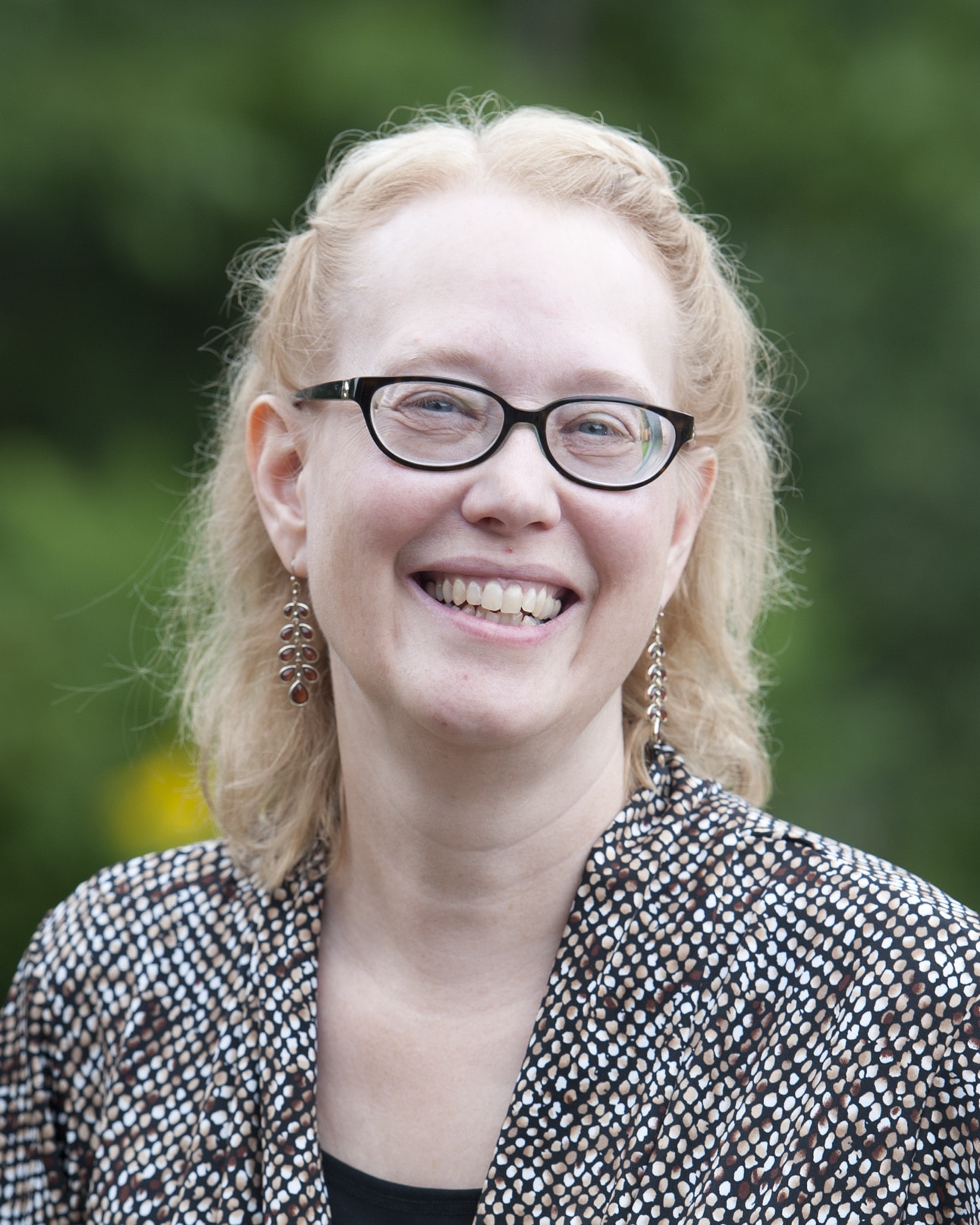Online Course
The Healing Power of the Artful Essay
Jul 11 - August 14, 2022
Level Fundamentals
Creating images and scenes and shaping our stories—transforming experience into art—can also transform our selves.
Additional Information
Studies of expressive arts therapy show that the act of writing can be profoundly therapeutic. They also show many intersections between techniques that put the “creative” in creative nonfiction and writing techniques that can aid in coping and healing, lower blood pressure, and strengthen the immune system. Drawing from Natalie Goldberg’s use of writing as a kind of Zen meditation, James Pennebaker’s studies of expressive art, and Louise DeSalvo’s examination of writing as a means of healing, among others, this workshop will explore the many ways in which creating images and scenes and shaping our stories, transforming experience into art, can also transform us.
Course Schedule
WEEK 1: THE INTERSECTIONS BETWEEN EXPRESSIVE ARTS AND ARTISTIC WRITING
When many people think of therapeutic writing, they imagine writing about traumas or unresolved issues. That can be an important dimension of writing as a healing art, but there are other therapeutic uses of writing, too. This week, we’ll look at some of the ways that writing can help us to de-stress and redirect our focus as well as how writing about the struggles we have faced can help us to cope. We’ll explore the field of expressive arts therapy and the ideas of researchers like James Pennebaker and writers like Natalie Goldberg, Julia Cameron, Louise DeSalvo, and Diana Raab. We’ll begin with a short writing exercise.
WEEK 2: EXPLORING TECHNIQUES OF WRITING TO PROMOTE HEALING
Both traditional and nontraditional ideas of narrative can offer us models for thinking about our experiences—moments of revelation, transformation, understanding, forgiveness, and perspective. This week, we’ll delve more deeply into mindsets, techniques, and processes that have proven to be valuable for healing purposes; discuss approaches that inhibit us; look at some essays that exemplify both healing and artistic techniques; and try out some more exercises to start building your own essays that borrow from these ideas.
WEEK 3: THE FRAGMENTED ESSAY, THE WHOLE SELF
Lyric essays, particularly collages, braids, lists, and other forms that use fragmentation, can offer useful ways to explore our experiences and sometimes even shift our vision as we find connections between seemingly unrelated material. These forms may be ends in themselves, or they may give us techniques we can integrate into other approaches. This week, we’ll look at a variety of examples and explore a variety of techniques that can assist in developing your essay in progress, discuss the stages of the writing process, and continue to work on exercises that will lead us toward a skeleton draft of a piece.
WEEK 4: THE VALUE OF REVISION TO AID IN HEALING AND DISCOVERY
How can the revision process—the deepening of ideas, the development of scenes and image patterns, the enlarging of symbols, the heightening of important moments—help us to understand the patterns in both our narratives and our lives and give us a new perspective? We’ll learn about approaches to revision and consider how revisiting, rethinking, recasting, reshaping, and fleshing out experience can help us discover layers of meaning and lead us to a greater sense of health and wholeness. Turn in your essay this week for feedback.
WEEK 5: SHARING, RESPONDING, REFLECTING
This week we’ll consider ways we can respond to others’ work that are not only supportive and nurturing, but that also ultimately can make us better writers. We’ll end this course by reflecting on our own experiences of healing through writing and ways of moving forward to continue to integrate these ideas into our processes and the stories we write.
Course Instructor
Hear from our Students
Creative Nonfiction’s online writing classes have helped more than 3,000 writers tell their stories better.
Read Success StoriesTestimonials
I enjoyed reading other peoples work and getting feedback about my own work– the handouts/video links and class lessons were also very informative and relevantly paced to the give structural guidelines.
Catherine O’Neill

